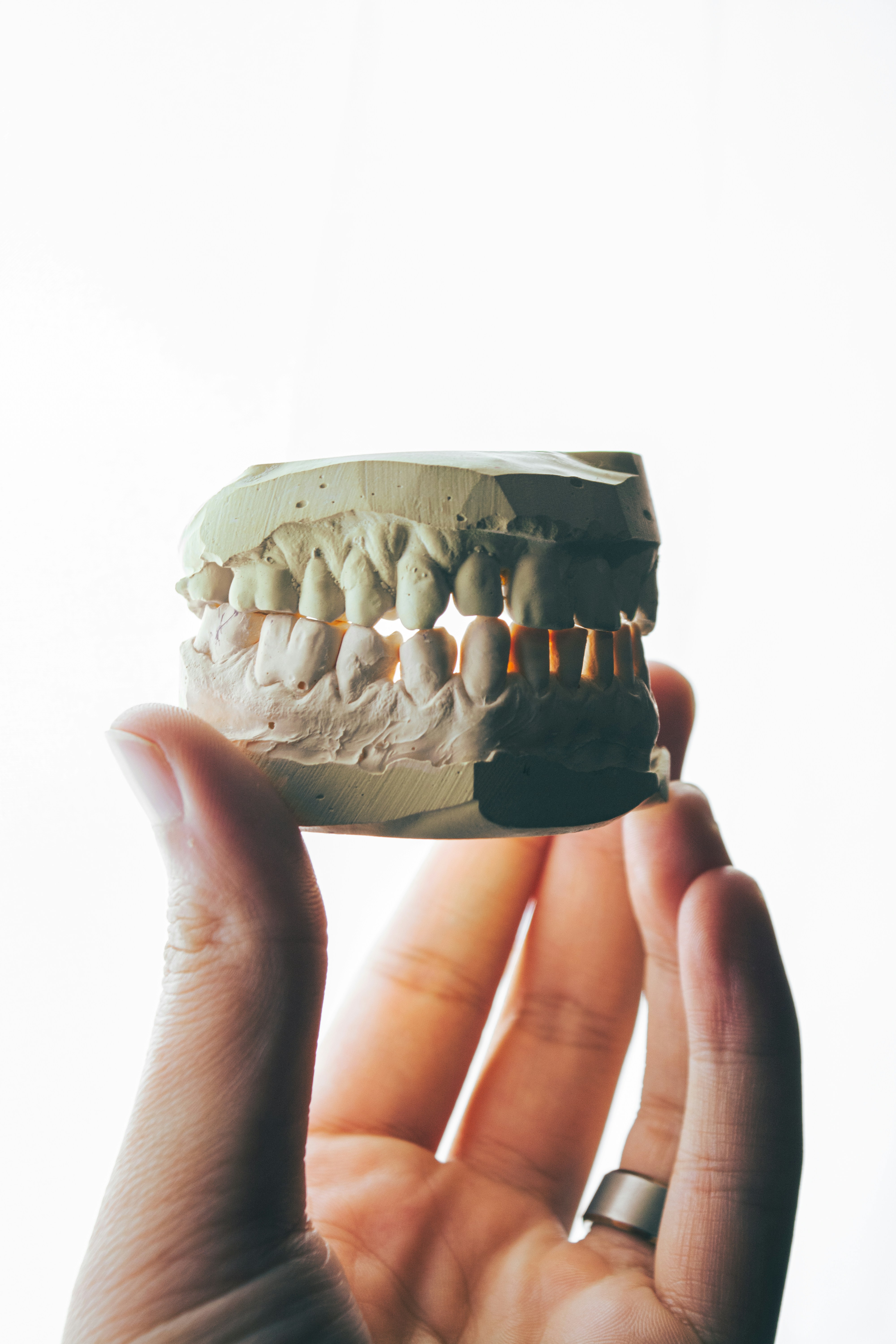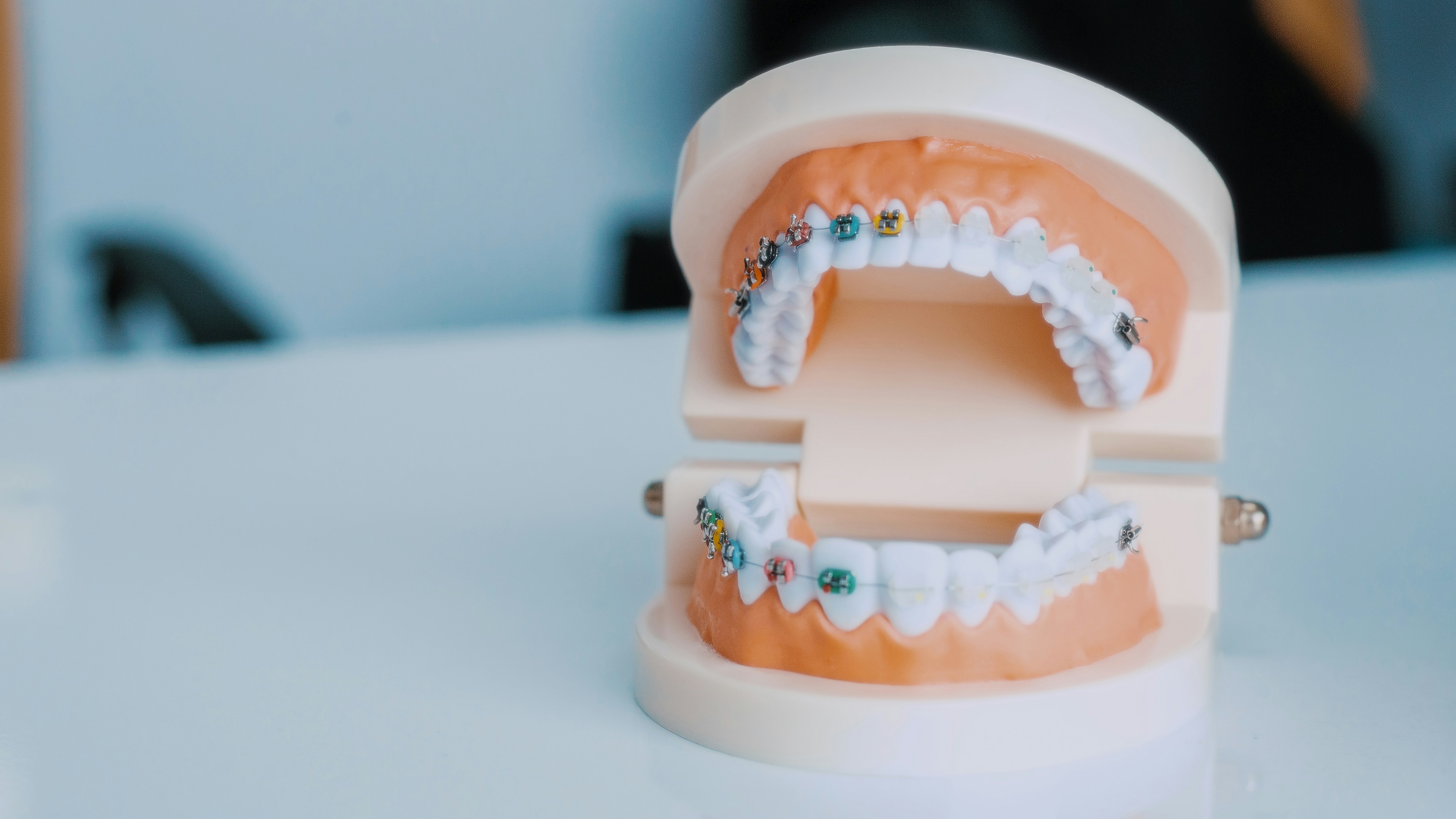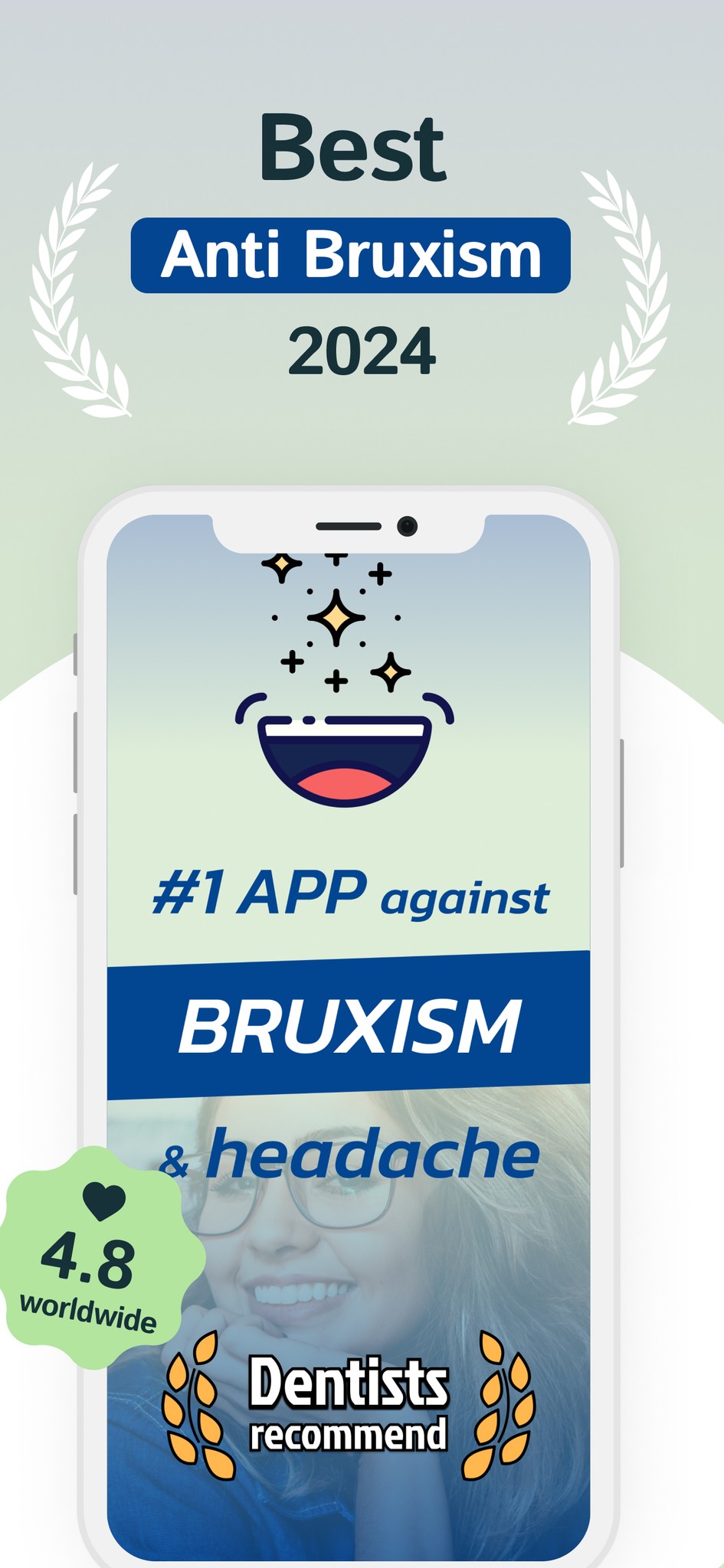
Jan 12, 2024
What Is Bruxism and How to Manage It Effectively
Bruxism, commonly referred to as teeth grinding, is a condition where individuals involuntarily grind or clench their teeth, often while they are asleep. If left untreated, bruxism can lead to a range of oral health issues, including jaw pain, headaches, and damaged teeth. In this article, we’ll dive deep into what bruxism is, its causes, and how you can effectively manage it.
What Causes Bruxism?
There are several potential causes of bruxism, many of which are linked to stress and anxiety. Other contributing factors include:
Sleep disorders, such as sleep apnea
Misalignment of the teeth or jaw
Genetics, as bruxism can run in families
Lifestyle habits, such as caffeine and alcohol consumption
Symptoms of Bruxism
Many individuals are unaware they suffer from bruxism because it often happens during sleep. However, there are several signs to watch out for:
Jaw pain or soreness, especially in the morning
Frequent headaches, particularly around the temples
Tooth sensitivity or worn tooth enamel
A partner may notice the grinding sound during sleep
How to Manage Bruxism Effectively
The good news is that bruxism can be managed with several strategies. Here are some of the most effective approaches:
1. Stress Reduction Techniques
Since stress is a major trigger, incorporating relaxation techniques into your routine can help. Practices such as yoga, meditation, or deep breathing exercises are known to alleviate tension, reducing the likelihood of grinding your teeth.
2. Wearing a Night Guard
A custom-fitted dental night guard can be worn while you sleep to protect your teeth from the damage caused by grinding. It acts as a barrier, preventing teeth from coming into direct contact.
3. Jaw Exercises
Incorporating simple jaw exercises into your daily routine can help relax your jaw muscles. For example, gently massaging the area around your temples or performing slow, controlled jaw stretches can alleviate tension.
4. Adjusting Your Diet
Some dietary adjustments can reduce the occurrence of bruxism. Limiting caffeine and avoiding hard or sticky foods, particularly in the evening, can prevent jaw tension. Reducing alcohol intake may also help reduce nighttime grinding.
Conclusion
Bruxism can be a frustrating condition, but by identifying its triggers and using effective management techniques, you can protect your oral health and relieve the discomfort associated with teeth grinding. If you suspect you have bruxism, it’s important to consult a dentist for a proper diagnosis and personalized treatment plan.
Frequently Asked Questions
1. Is bruxism curable?
Bruxism is a manageable condition, but there is no definitive cure. However, with the right treatment and preventive measures, its symptoms can be significantly reduced.
2. Can children develop bruxism?
Yes, children can also experience bruxism, although it’s often temporary and resolves as they grow older. However, it’s important to consult a dentist if your child exhibits signs of teeth grinding.
3. Should I see a doctor or a dentist for bruxism?
It's advisable to start with a dentist if you suspect bruxism, as they can check for signs of teeth damage and provide recommendations like nightguards. If your bruxism is linked to sleep disorders, a doctor may also be involved in your treatment.
Bruxism, commonly referred to as teeth grinding, is a condition where individuals involuntarily grind or clench their teeth, often while they are asleep. If left untreated, bruxism can lead to a range of oral health issues, including jaw pain, headaches, and damaged teeth. In this article, we’ll dive deep into what bruxism is, its causes, and how you can effectively manage it.
What Causes Bruxism?
There are several potential causes of bruxism, many of which are linked to stress and anxiety. Other contributing factors include:
Sleep disorders, such as sleep apnea
Misalignment of the teeth or jaw
Genetics, as bruxism can run in families
Lifestyle habits, such as caffeine and alcohol consumption
Symptoms of Bruxism
Many individuals are unaware they suffer from bruxism because it often happens during sleep. However, there are several signs to watch out for:
Jaw pain or soreness, especially in the morning
Frequent headaches, particularly around the temples
Tooth sensitivity or worn tooth enamel
A partner may notice the grinding sound during sleep
How to Manage Bruxism Effectively
The good news is that bruxism can be managed with several strategies. Here are some of the most effective approaches:
1. Stress Reduction Techniques
Since stress is a major trigger, incorporating relaxation techniques into your routine can help. Practices such as yoga, meditation, or deep breathing exercises are known to alleviate tension, reducing the likelihood of grinding your teeth.
2. Wearing a Night Guard
A custom-fitted dental night guard can be worn while you sleep to protect your teeth from the damage caused by grinding. It acts as a barrier, preventing teeth from coming into direct contact.
3. Jaw Exercises
Incorporating simple jaw exercises into your daily routine can help relax your jaw muscles. For example, gently massaging the area around your temples or performing slow, controlled jaw stretches can alleviate tension.
4. Adjusting Your Diet
Some dietary adjustments can reduce the occurrence of bruxism. Limiting caffeine and avoiding hard or sticky foods, particularly in the evening, can prevent jaw tension. Reducing alcohol intake may also help reduce nighttime grinding.
Conclusion
Bruxism can be a frustrating condition, but by identifying its triggers and using effective management techniques, you can protect your oral health and relieve the discomfort associated with teeth grinding. If you suspect you have bruxism, it’s important to consult a dentist for a proper diagnosis and personalized treatment plan.
Frequently Asked Questions
1. Is bruxism curable?
Bruxism is a manageable condition, but there is no definitive cure. However, with the right treatment and preventive measures, its symptoms can be significantly reduced.
2. Can children develop bruxism?
Yes, children can also experience bruxism, although it’s often temporary and resolves as they grow older. However, it’s important to consult a dentist if your child exhibits signs of teeth grinding.
3. Should I see a doctor or a dentist for bruxism?
It's advisable to start with a dentist if you suspect bruxism, as they can check for signs of teeth damage and provide recommendations like nightguards. If your bruxism is linked to sleep disorders, a doctor may also be involved in your treatment.
Bruxism, commonly referred to as teeth grinding, is a condition where individuals involuntarily grind or clench their teeth, often while they are asleep. If left untreated, bruxism can lead to a range of oral health issues, including jaw pain, headaches, and damaged teeth. In this article, we’ll dive deep into what bruxism is, its causes, and how you can effectively manage it.
What Causes Bruxism?
There are several potential causes of bruxism, many of which are linked to stress and anxiety. Other contributing factors include:
Sleep disorders, such as sleep apnea
Misalignment of the teeth or jaw
Genetics, as bruxism can run in families
Lifestyle habits, such as caffeine and alcohol consumption
Symptoms of Bruxism
Many individuals are unaware they suffer from bruxism because it often happens during sleep. However, there are several signs to watch out for:
Jaw pain or soreness, especially in the morning
Frequent headaches, particularly around the temples
Tooth sensitivity or worn tooth enamel
A partner may notice the grinding sound during sleep
How to Manage Bruxism Effectively
The good news is that bruxism can be managed with several strategies. Here are some of the most effective approaches:
1. Stress Reduction Techniques
Since stress is a major trigger, incorporating relaxation techniques into your routine can help. Practices such as yoga, meditation, or deep breathing exercises are known to alleviate tension, reducing the likelihood of grinding your teeth.
2. Wearing a Night Guard
A custom-fitted dental night guard can be worn while you sleep to protect your teeth from the damage caused by grinding. It acts as a barrier, preventing teeth from coming into direct contact.
3. Jaw Exercises
Incorporating simple jaw exercises into your daily routine can help relax your jaw muscles. For example, gently massaging the area around your temples or performing slow, controlled jaw stretches can alleviate tension.
4. Adjusting Your Diet
Some dietary adjustments can reduce the occurrence of bruxism. Limiting caffeine and avoiding hard or sticky foods, particularly in the evening, can prevent jaw tension. Reducing alcohol intake may also help reduce nighttime grinding.
Conclusion
Bruxism can be a frustrating condition, but by identifying its triggers and using effective management techniques, you can protect your oral health and relieve the discomfort associated with teeth grinding. If you suspect you have bruxism, it’s important to consult a dentist for a proper diagnosis and personalized treatment plan.
Frequently Asked Questions
1. Is bruxism curable?
Bruxism is a manageable condition, but there is no definitive cure. However, with the right treatment and preventive measures, its symptoms can be significantly reduced.
2. Can children develop bruxism?
Yes, children can also experience bruxism, although it’s often temporary and resolves as they grow older. However, it’s important to consult a dentist if your child exhibits signs of teeth grinding.
3. Should I see a doctor or a dentist for bruxism?
It's advisable to start with a dentist if you suspect bruxism, as they can check for signs of teeth damage and provide recommendations like nightguards. If your bruxism is linked to sleep disorders, a doctor may also be involved in your treatment.
Our latest stories:


Nov 15, 2024
Dietary Changes That May Help Reduce Bruxism Symptoms


Nov 11, 2024
The Impact of Jaw Alignment on Bruxism: What You Need to Know


Nov 8, 2024
Understanding Sleep Apnea and Its Link to Bruxism
See all posts
Extra
Extra
Extra


